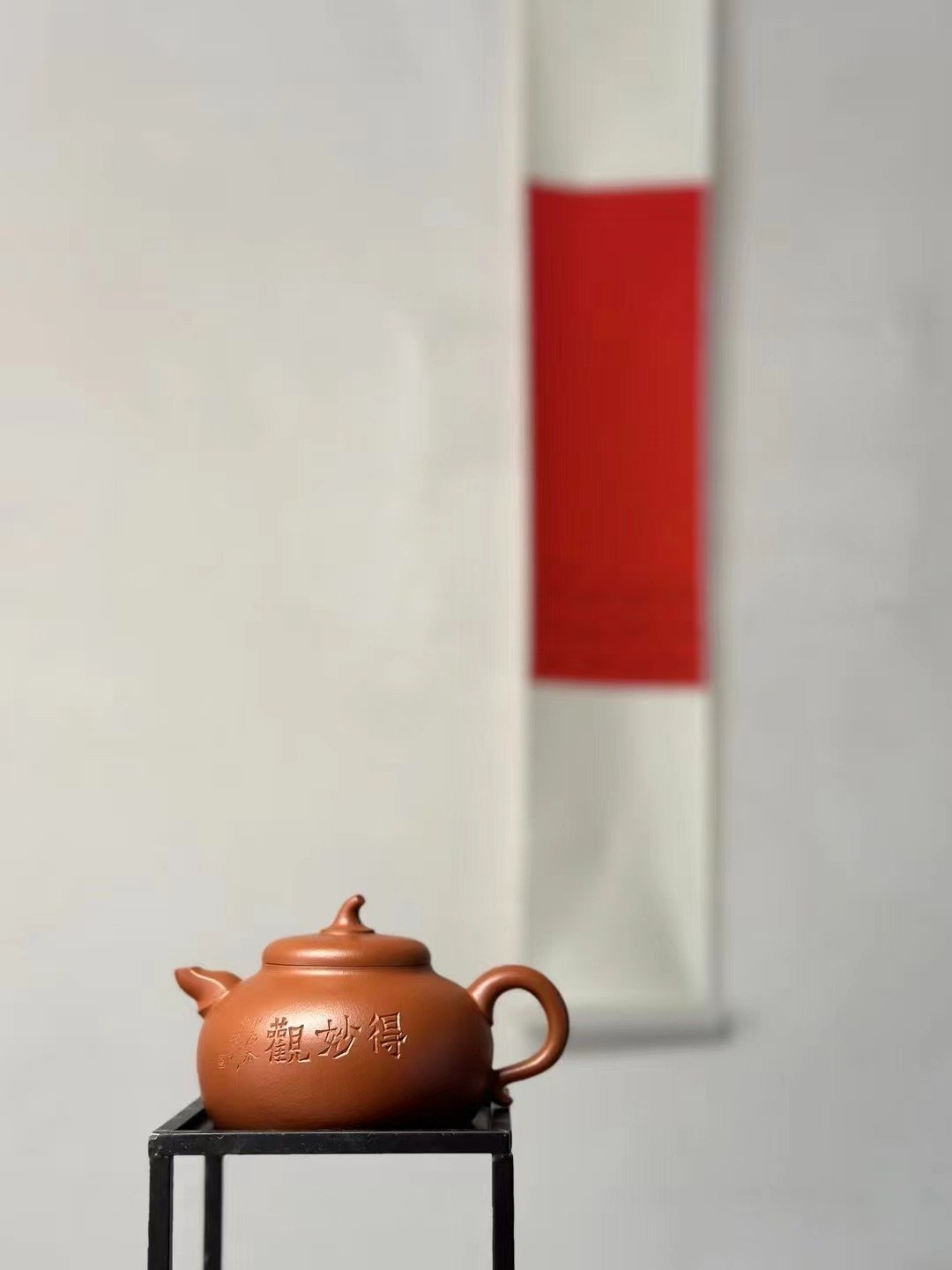What Aesthetic Tendencies Does Chinese Tea Culture Uphold
Discover the aesthetic tendencies in Chinese tea culture, where harmony, nature, and philosophical depth create a unique cultural experience, reflecting deeper values of balance and mindfulness.
CHINESE TEA CULTURE
Let’s face it: in today’s chaotic world, finding a moment of peace feels almost impossible. Yet, in China, tea isn’t just a drink—it’s a philosophy, an art, and a bridge to something deeper. Chinese tea culture is built on aesthetic principles that emphasise harmony, balance, and a connection to nature. But what does that really mean? And why does it still matter today? Let’s break it down.
The Aesthetic Tendencies in the Reverence for Tea Culture in China
The Harmony of Tea Culture
At its core, Chinese tea culture is a mix of Confucian, Taoist, and Buddhist philosophies. These aren’t just abstract ideas—they shape how tea is grown, brewed, and enjoyed.
Confucianism: Tea teaches moderation, self-discipline, and clarity of purpose.
Taoism: Tea is a path to inner peace and freedom from worldly attachments.
Buddhism: Tea encourages mindfulness and spiritual awakening.
These philosophies aren’t just words; they show up in every cup. Think of it like this: when you sip tea in a peaceful setting, you’re not just drinking leaves in hot water—you’re engaging with centuries of thought about balance, calmness, and clarity.
Tea isn’t just consumed; it’s experienced.
The Aesthetic Appeal of Tea Utensils
When we talk about aesthetics in tea culture, it’s not just about the drink—it’s also about the tools. Tea utensils are more than functional; they’re symbolic.
Ancient tea sets from places like the Famen Temple show incredible artistry and symbolism.
Taoist designs often include motifs like soaring horses and flowing clouds.
Confucian symbols might reflect values like respect for elders and discipline.
Buddhist imagery captures peace and wisdom.
And then there’s Yixing clay teapots—famous for their craftsmanship and natural beauty. These aren’t just objects; they’re works of art, each telling a story.
Tea utensils remind us that beauty and function can—and should—coexist.
The Integration of Nature and Humanity
In Chinese tea culture, nature isn’t just a backdrop—it’s part of the ritual. The principle of 'Tian Ren He Yi' (the unity of heaven and humanity) shapes everything.
Tea gardens and tea houses are designed to blend with nature.
The act of brewing and drinking tea is often done in serene, natural settings.
The point? Tea isn’t rushed. It’s not about gulping caffeine to power through your day. It’s about slowing down, appreciating your surroundings, and reconnecting with the world around you.
In a way, tea culture is nature therapy in liquid form.
The Spiritual and Health Benefits of Tea
Let’s not ignore the obvious: tea is good for you. But in Chinese tea culture, health isn’t just about physical wellness—it’s about balance.
Different teas (green, black, oolong, etc.) offer unique health benefits.
The ritual of drinking tea promotes mental clarity and relaxation.
In China, tea isn’t just a beverage; it’s a tool for self-care. It’s about finding small moments to reset, recharge, and refocus.
And honestly, we could all use a bit more of that in our lives.
Conclusion
At its heart, Chinese tea culture is a masterclass in balance—between tradition and modernity, nature and humanity, simplicity and sophistication. It’s not just about drinking tea; it’s about embracing a way of life that values harmony, mindfulness, and beauty in the everyday.
In a world obsessed with speed and consumption, Chinese tea culture offers something rare: a moment to pause, breathe, and simply exist.
So next time you make a cup of tea, take a second. Appreciate the process. After all, tea isn’t just a drink—it’s an experience.
FAQs
1. Why is harmony so important in Chinese tea culture?
Harmony reflects the balance between people, nature, and inner peace—a core value in Chinese philosophy.
2. What role do tea utensils play in tea culture?
They’re not just tools; they’re works of art that tell stories through design and craftsmanship.
3. How does tea culture connect with nature?
Tea rituals often take place in natural settings, reinforcing the bond between humans and the natural world.
4. Are there health benefits to Chinese tea?
Absolutely! Different teas offer various health benefits, from antioxidants to stress relief.
5. What can we learn from Chinese tea culture in our daily lives?
Slow down, stay mindful, and find beauty in simplicity.
Chinese tea culture isn’t just about tea—it’s about how we live our lives.




